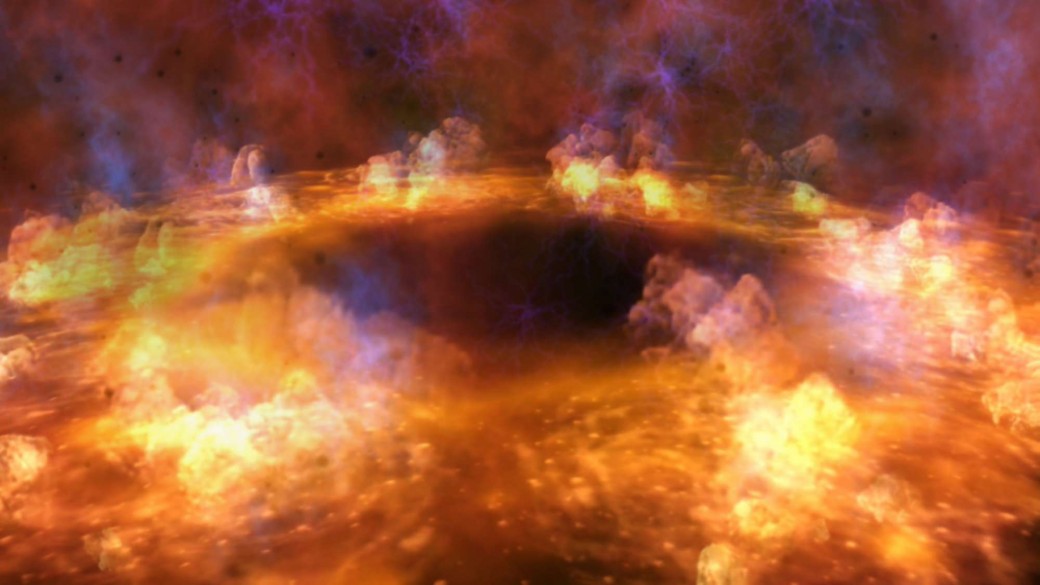The name of Charles Goodyear is an icon in manufacturing. We see him scrawled across tires worldwide, clearly having found success due to his inventive mind and hard work.
Nothing could be further from the truth. Visions of wealth danced in Goodyear’s head when he stumbled onto the secret to his manufacturing process in 1839, but the Goodyear Tire and Rubber Company was founded in his honor, and not by Charles Goodyear.
What had Goodyear done that we remember him for today? Until that time rubber was essentially useless, and the industry was in decline. The substance was brittle in winter and became a sticky goo in summer. It took many years and more borrowed money than he could ever repay before Goodyear accidentally hit on the process of vulcanization. Heat rubber enough, and it changes its properties. It becomes useful. This discovery turned the rubber industry around.
However, Goodyear received little compensation for the work he had done, and he died in 1860, $200,000 in debt.
Babylon was one of the most magnificent cities of the ancient age, housing the fabled Hanging Gardens, one of the Seven Wonders of the Ancient World.
Just as with Goodyear's process of vulcanization, it took a lot of work to build Babylon.
Yet, in Jeremiah 51:58 we read:
“Thus says the Lord of hosts: The broad wall of Babylon shall be leveled to the ground, and her high gates shall be burned with fire. The peoples labor for nothing, and the nations weary themselves only for fire.”
Today, the remnants of Babylon consist of broken mud-brick buildings about 50 miles south of Baghdad in modern-day Iraq. Only that which survived the fire remains.
What is the Babylon we spend our efforts building? Do we live in our Babylon? Drive our Babylon? Store up our Babylon in a wine cellar or in Swiss bank accounts?
The truth is that what we try to build is only for fire, for it will be destroyed in the end. Does that mean we should live in mud huts? That would be silly. Instead, we should remember what’s important. It’s not the house, the cars, the money. It’s life, and we find true life in Jesus.
Charles Goodyear's rubber was only useful after it passed through the fire. Our lives are the same. After Goodyear lost everything, he wrote: “A man only has cause for regret when he sows and no one reaps.” Goodyear knew the truth that fulfillment is not found in things but in the life we live in pursuit of those things.
Let’s pursue Jesus, and we will gain that which cannot be destroyed by fire.
Jesus is perfection; all else leads the wrong direction.
Copyright © 2015 MyChurchNotes.net
Code: FGO.A.22.15.vp


